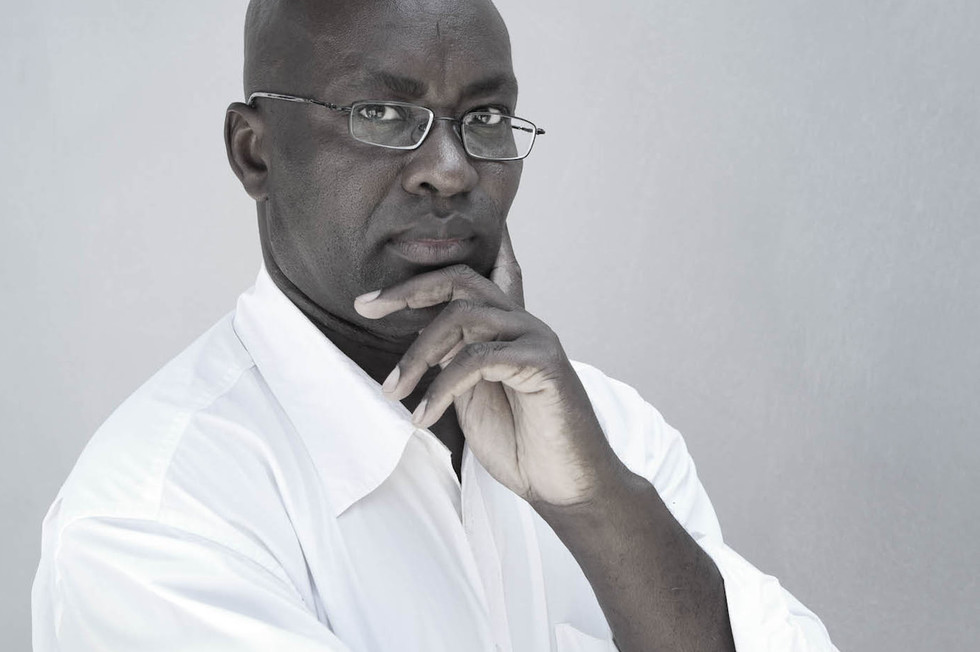At the website of the 16 Beaver collective, philosopher and historian Achille Mbembe reflects on how the Covid-19 pandemic will change the geopolitical situation of recent years – and how it will not. “In the aftermath of this calamity,” he writes, “there is a danger that rather than offering sanctuary to all living species, sadly the world will enter a new period of tension and brutality.” The same inequalities that have dominated recent years, suggests Mbembe, may only get worse. But he also suggests that the pandemic may give rise to a widespread recognition that “the right to breathe … belongs to the universal community of earthly inhabitants, human and other.” Here’s an excerpt from the piece:
Before this virus, humanity was already threatened with suffocation. If war there must be, it cannot so much be against a specific virus as against everything that condemns the majority of humankind to a premature cessation of breathing, everything that fundamentally attacks the respiratory tract, everything that, in the long reign of capitalism, has constrained entire segments of the world population, entire races, to a difficult, panting breath and life of oppression. To come through this constriction would mean that we conceive of breathing beyond its purely biological aspect, and instead as that which we hold in-common, that which, by definition, eludes all calculation. By which I mean, the universal right to breath.
As that which is both ungrounded and our common ground, the universal right to breath is unquantifiable and cannot be appropriated. From a universal perspective, not only is it the right of every member of humankind, but of all life. It must therefore be understood as a fundamental right to existence. Consequently, it cannot be confiscated and thereby eludes all sovereignty, symbolizing the sovereign principle par excellence. Moreover, it is an originary right to living on Earth, a right that belongs to the universal community of earthly inhabitants, human and other.
Image of Achille Mbembe via Le Point.
